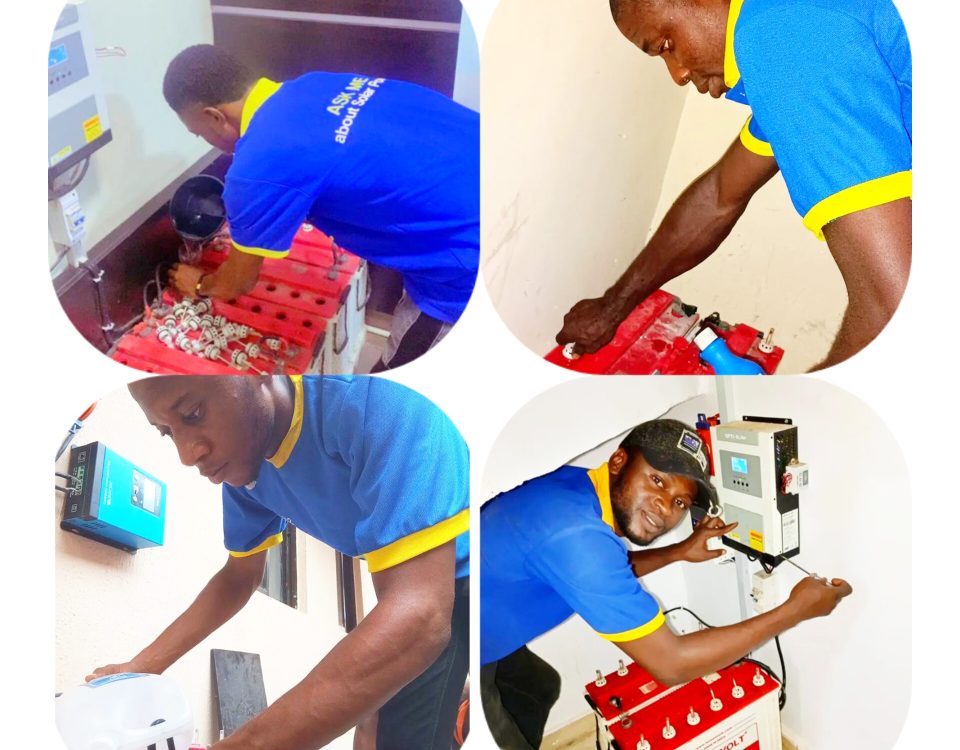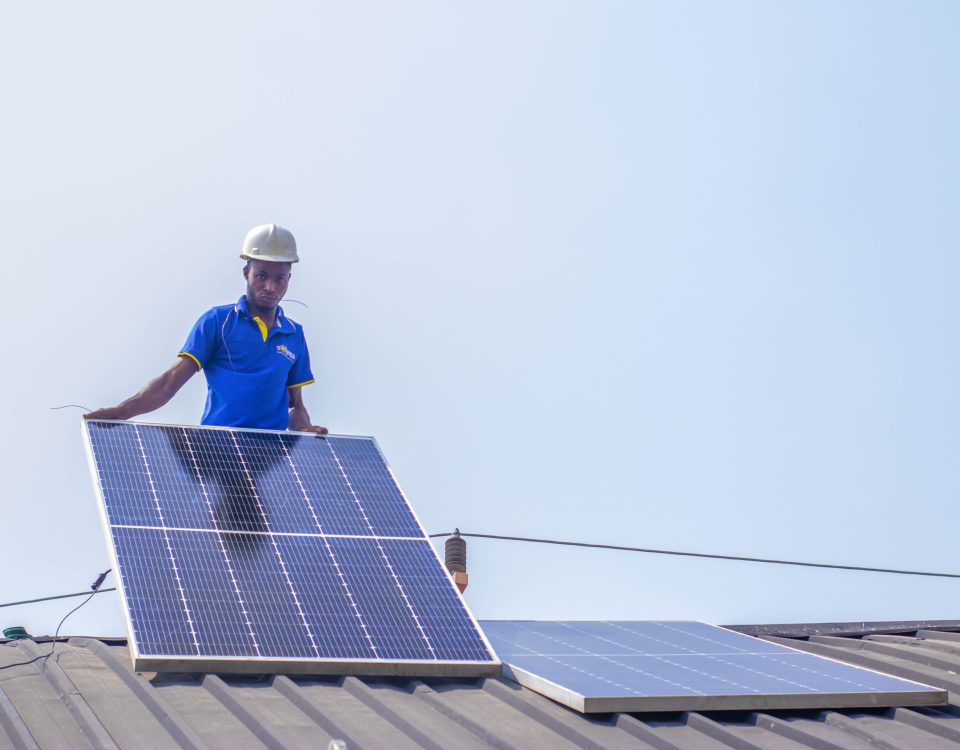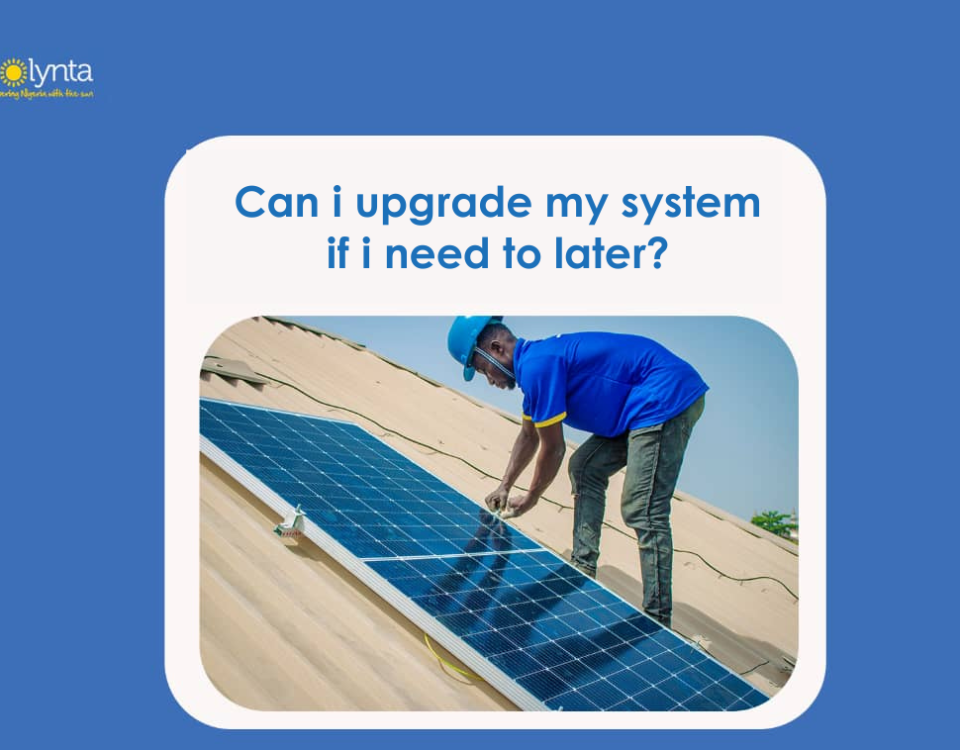Nigeria, others spend $20bn yearly on generators- Wood Mackenzie

Finding the right solar system in 2022
2022-01-23
Nigerian Mom Designs Innovative Solar-Powered Crib To Treat Baby Jaundice
2022-04-13Oladehinde Oladipo Apr 5, 2022
Thank you for reading this post, don't forget to subscribe!Nigeria and other countries in Sub-Saharan Africa spend an estimated $20 billion a year on fuel for back-up generator
Nigeria and other countries in Sub-Saharan Africa spend an estimated $20 billion a year on fuel for back-up generators, according to Wood Mackenzie, UK-based energy and intelligence provider that empowers decision-makers with unique insights on the world’s energy resources.
In Africa’s biggest economy, populists are facing persistent power outages, a situation that is affecting households and reducing the productivity of businesses, many of whom are struggling to pour capital into backup generators instead of investing in staff or equipment.
Wood Mackenzie says across Sub-Saharan Africa (excluding South Africa), consumers spend just under $20 billion a year on fuel for back-up generators – around 80percent of what they spend on grid electricity, partly owing to massive underinvestment in electricity infrastructure.
“The average Nigerian consumes less than a third of the electricity used every year by a moderately efficient American refrigerator,” Benjamin Attia, an analyst at WoodMac, said in its latest report.
For advanced electricity sectors, WoodMac admitted that the current global energy transition is triggering a shift from traditional business models of generating, transmitting and distributing electricity to consumers towards an increase in customer-owned, behind-the-meter generation, battery storage, electric vehicles and demand response, in which both customers and utilities bring value to each other.
WoodMac says this evolution has not begun in most under-electrified economies. “But the vacuum left by public utility bottlenecks and far-from-universal electrification is being occupied by private sector firms with a new vision and a new way of generating and delivering power.
Read also: FG urged to review power sector privatisation
“Distributed energy service companies are using a flexible prepaid service model to take advantage of the increasing affordability of solar and battery technologies in order to align cost, value and energy delivery. They can also manage credit risk directly and digitally outside the bounds of traditional utility cost-recovery mechanisms,” WoodMac report adds.
The report further attributed Africa’s long-standing electricity access problem to massive underinvestment in the region’s electricity infrastructure. It said with the right investments, Sub-Saharan Africa could potentially change the trajectory of electricity demand and supply, not only within the region but globally.
Source Businesday




